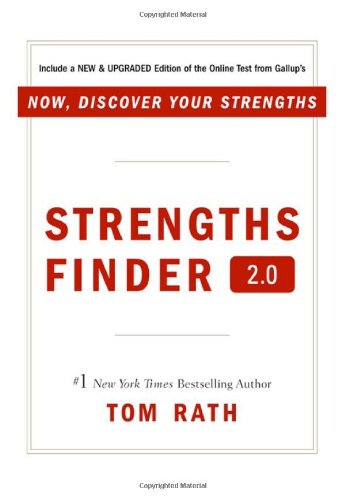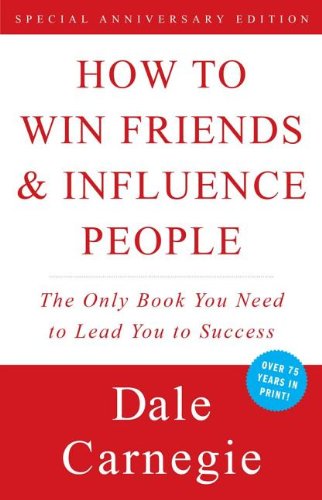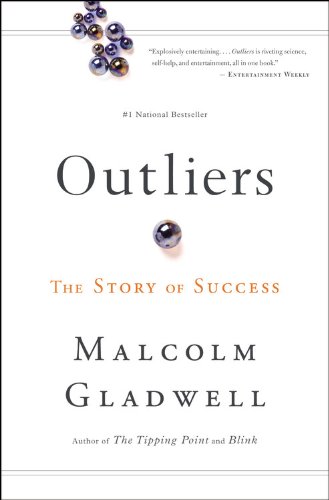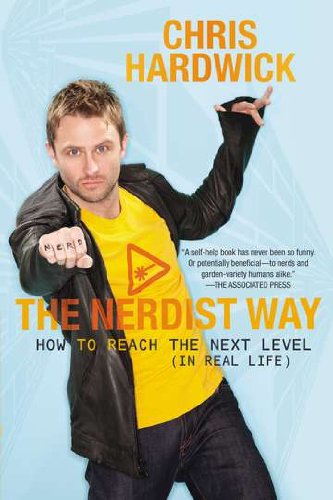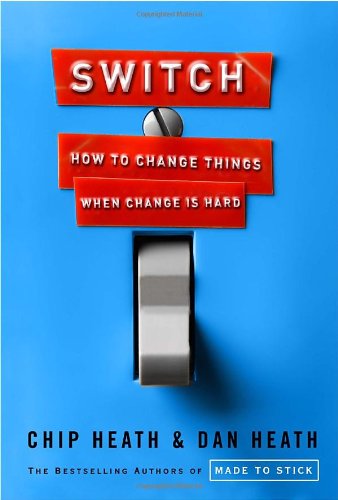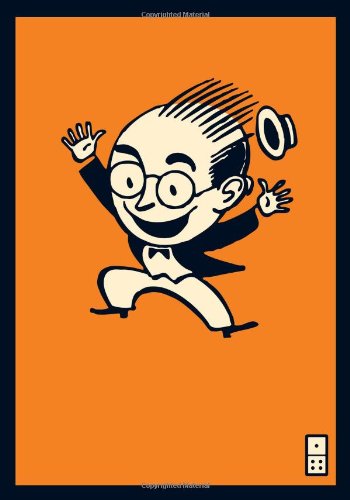 Everyone has that unavoidable downtime in their lives. Commutes, chores and work-outs chew through our day while leaving our minds with nothing to do. If you're easily bored like me, this type of mental inefficiency drives you nuts.
Everyone has that unavoidable downtime in their lives. Commutes, chores and work-outs chew through our day while leaving our minds with nothing to do. If you're easily bored like me, this type of mental inefficiency drives you nuts.
Recently I did something about it. I signed up for Audible.com and started listening to books during my daily downtime. Now I've rid my long commute of boredom by learning about new Internet marketing strategies and tactics as I sit in traffic. Audible has been amazing so far.
My boring downtime occurs during the daily trek from St. Paul to Bloomington along the dreaded MN I-494 corridor, where hundreds of commuters inch to work five days a week. The five mile stretch of interstate is transformed into a thirty minute ride each way. Yes, I realize that my commute is brief by many standards, but still. It's three-plus hours a week of captivity that I wanted to use better.
Until signing up for Audible, I was listening to podcasts during the drive. Podcasts were great for news and information, but they often lack lasting value. Books, on the other hand, are perfect for commutes because they have the depth and coherency that podcast lack. Enter Audible audiobooks.
 I'd heard of Audible through podcast legend Leo Laporte and his online network of tech shows. Laporte also convinced me to use the Squarespace web publishing platform for my blog and I haven't regretted that decision at all. It didn't take me long to warm up to the most trusted name in audiobooks. I signed up in December and haven't looked back.
I'd heard of Audible through podcast legend Leo Laporte and his online network of tech shows. Laporte also convinced me to use the Squarespace web publishing platform for my blog and I haven't regretted that decision at all. It didn't take me long to warm up to the most trusted name in audiobooks. I signed up in December and haven't looked back.
Each time I get into the car, I flip on the Audible app on my iPhone and start listening to the latest book on business or Internet marketing (or whatever your cup of tea may be). Most book are around ten hours long when narrated but I use the 2x speed option on the app to speed up the pace of the narrator. As a result, I find I'm clipping through books at the rate of more than two per month just by listening during my boring and long daily commute.
I'm working towards a goal of 26 books read in 2011 along with friends Arik Hanson and Patrick Garmoe. With Audible's help I've already gotten through six of them. In fact, I've been reading so many books lately that I even created an entire book review section on my blog.
How do you deal with your downtime? Do you impatiently sit in traffic during your commute and curse the minutes of your day lost to the daily grind? What do you do to stay efficient? Do you listen to Audible audiobooks? Leave a comment below with your best tip or suggested read.

